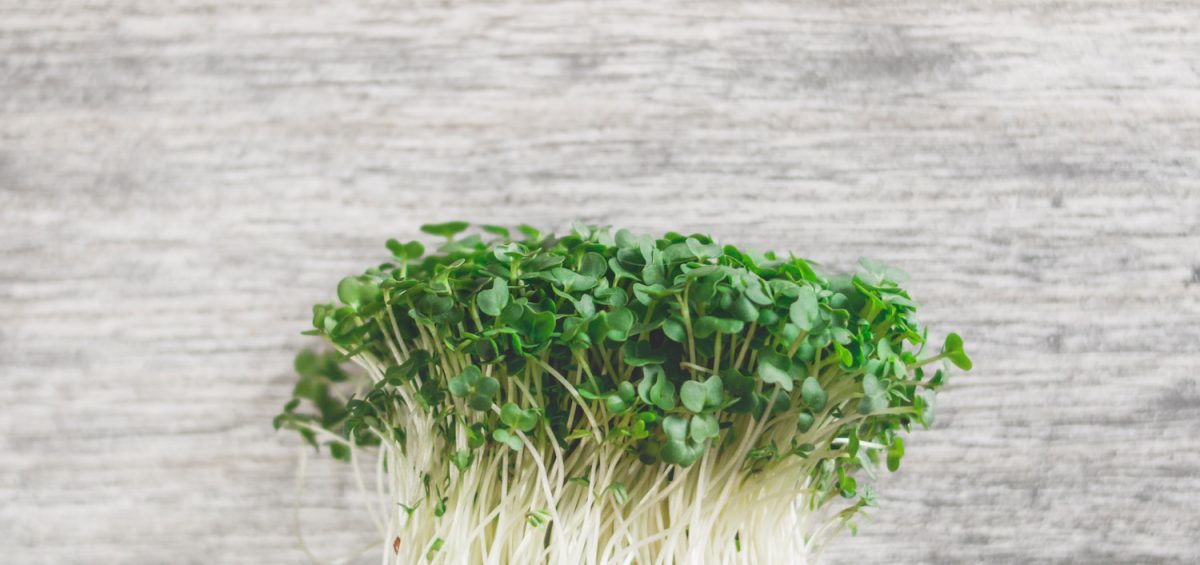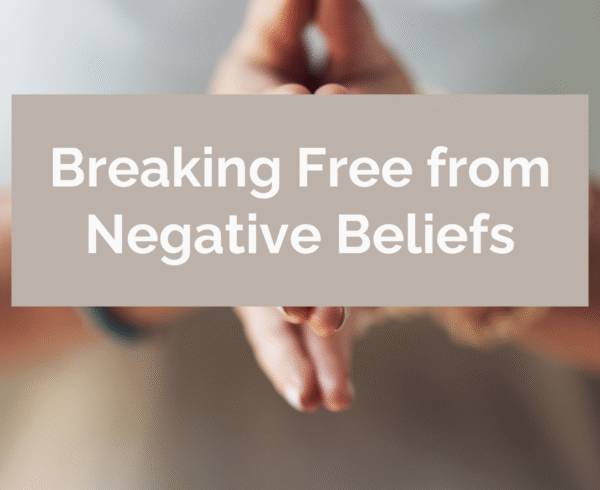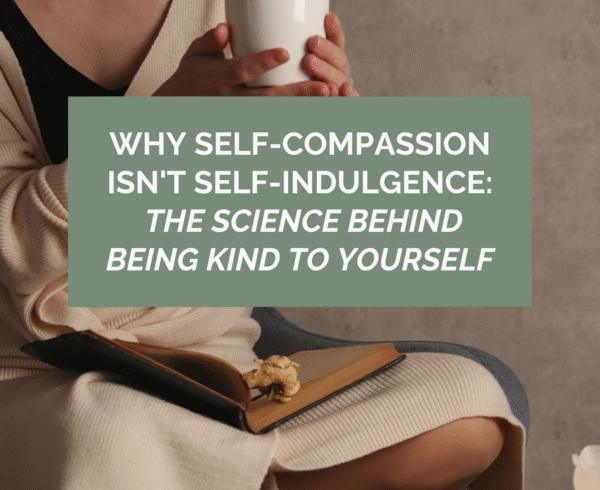Going organic is often associated with drastically increased food prices. The cost of organic products – meats, dairy and fruit and veg can often stop us from making the switch. But it doesn’t have to… what if you could do it on a budget? Read on for my top five tips for going organic on a budget!
Perks of Going Organic
When you buy organic – whether that be meat, grains, egg, fruit or veg – you significantly reduce your exposure to toxins. But wait, there’s more…
Organic Produce vs Conventional Produce
Scientific evidence is continuing to increase around the benefits of organic fruit and veg verse conventional methods of farming. Recent studies have shown three significant benefits associated with organically grown plant-based foods. The three major benefits of organic produce are higher antioxidants, lower pesticide residue and lower cadmium (a toxic heavy metal) concentrations. These studies showed that by eating organically grown produce you can reduce your cadmium exposure by up to 50%. The researches also concluded that by switching to organic produce you can increase your antioxidants by 20 to 40%, with organic produce showing to contain 18-62% higher antioxidant compounds then non-oragnic produce. That is equivalent to approximately two extra portions of fruit and vegetables per day! Pesticide residue was another big one, showing 4 to 5 fold more common in conventional produce.
What About Animal Products?
Animal produce such as meat, chicken, fish, eggs and milk products can contain higher levels of some persistent pollutants due to their fat content. This is because toxins are fat loving. Saturated fats can also act as a carrier to move toxins from the digestive system to the blood stream, adding to your toxic load. Research is also emerging in this area, demonstrating that organic, grass-fed animal products are much more nutritious than their conventional counterparts. A recent study showed that organic dairy and meat contain approximately 50% more omega-3 fatty acids than conventional raised meat and dairy. This is due to these animals eating their natural food source – GRASS, which is rich in omegas. When it comes to animal products, going organic is clearly a better bet!
Budget-Friendly Tips for Going Organic
Tip 1. Make Friends With Your Farmers
All around the world farmers markets are popping up everywhere. On the Gold Coast where I live, we are lucky enough to have plenty around on both Saturdays and Sundays and even some on week days. So tip one is all about stepping out of the grocery stores and into the farmers markets to make some new friends. By going to the farmers markets, you get to chat to the farmers direct and find out how they grow their produce or raise their animals. Although some farmers are certified organic, some choose not to certify for various reasons, however they may still apply organic farming principles to growing their crops. You will often see signs “spray free” or “organically grown”. Often these farmers are much cheaper than their certified organic mates and often apply similar principles. This is because becoming organically certified involves a lot of money and time. Just remember not all produce at the farmers markets is fresh and void of chemicals and sprays – so get ready for a bit of a chit chat (the farmers love it)!
*I offer farmers market shopping tours at the Pacific Fair Shopping Centre & Burleigh Heads farmers markets if you’re looking for help going organic! During the tour I will show you how to get the healthiest out of your shop, how to shop in season, what foods to avoid and give you plenty of meal ideas and information on healthy food swaps. The first 15 minutes we will discuss your current food choices, dislikes, likes and dietary needs
Tip 2. Shop In Season
Shopping in season is going to not only reduce the cost of your produce but ultimately your exposure to toxic chemicals. When produce is seasonal, you are purchasing what is being grown now, which means there is plenty to go around. This means big savings! If you can’t afford to shop organic at least shop in season, as you are more likely going to get less toxic products. Remember if it is not in season, it is often grown in a hothouse with hundreds of toxic chemicals or shipped from other parts of the world (often with poor food and chemical regulations).
Tip 3. Get Your Freezer Ready
I learnt this one off my step mother, who when I went to visit the family I noticed ice cube trays filled with some yellow looking liquid – clearly this wasn’t water! After some investigation, I found out she was buying up all the organic / spray free lemons before the season was over and freezing them! So just before the season is out, shop up big and freeze your assets. My favourites to freeze are lemons, limes and berries.
Tip 4. Buy In Bulk
Most health food stores offer organic staples such as spices, grains, nuts and seeds (oh and even chocolate) in the bulk bins. You can then purchase what you like by weight, whether that is a little or a lot. According to the Bulk Is Green Council you can save up to 89% by buying bulk.
Tip 5. Prioritise Your Purchase
If your budget doesn’t allow you to shop organic or spray free, it is important to prioritise. There are certain fruits and vegetables that contain higher levels of harmful chemicals and should ideally be consumed as organic, especially for young children and infants. These are considered to be the dirty dozen. The clean fifteen are fruit and vegetables that have the least amount of chemicals, and are safe to consume as non-organic without significant exposure to chemicals. You can find the most up to date list via the EWG website.
Start applying these 5 tips to your weekly shop and begin to save some dollars for something special!
1











Leave a Comment